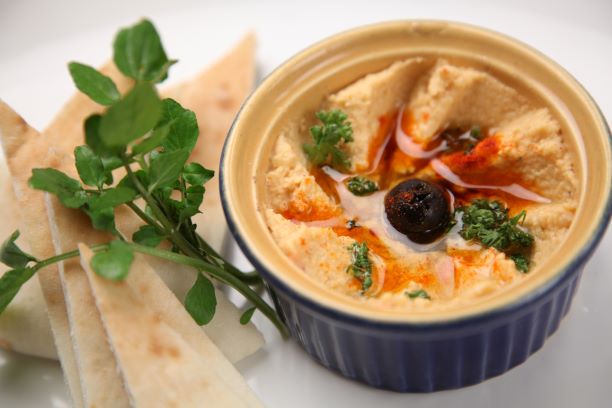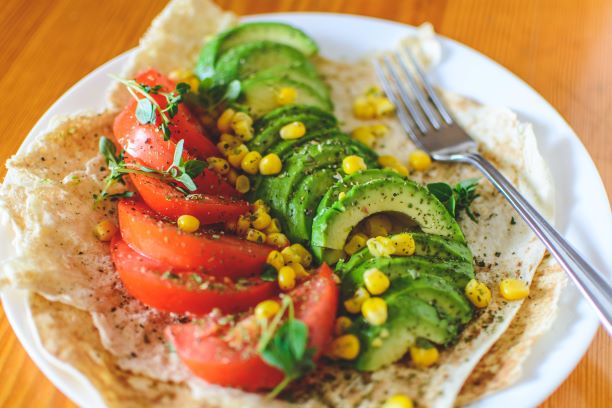
Is Vegetarian Cuisine always Halal?
Is vegetarian cuisine always Halal? How are they similar? How are they different?
When the subject of Halal food comes up, many Halal consumers first think of meat and which animals can be consumed per religious laws. However, Halal cuisine covers and spans nearly every traditional and ethnic flavor imaginable with the noted exceptions herein.
The relevance of Halal food laws include vegetarian cuisine. While vegetarian fare may not include meat, one cannot assume it meets all Halal criteria.

For example, vegetarians can drink wine whereas alcohol is haram, or forbidden (Click here). As such, even processed vegetarian food should be Halal certified so Halal consumers can enjoy them with confidence.
There are famous traditional vegetarian Halal foods such as hummus, falafel, and vegetable samosas that are typically considered Halal. Similarly, basic baked goods like bread and cake, snacks and confectionary are rarely given a second thought, though they may contain lard and other common pork based ingredients like gelatin. Gelatin is often sourced from pigs (Click here), which is neither vegetarian nor Halal.

A Halal logo from a known organization like Islamic Services of America (ISA) can confirm that the oil or other basic ingredients used to fry or process the vegetarian food are free of any animal fats or alcohol based flavoring.
A trustworthy Halal certification logo on a product package is easier than needing to read an entire ingredient label and finding pork gelatin or lard listed.

Whether they are Halal, vegetarian, non-GMO, or organic, enjoy your food products and look for the Halal logo or representation of your preferred certification.
Picture credit: pexels, pixabay